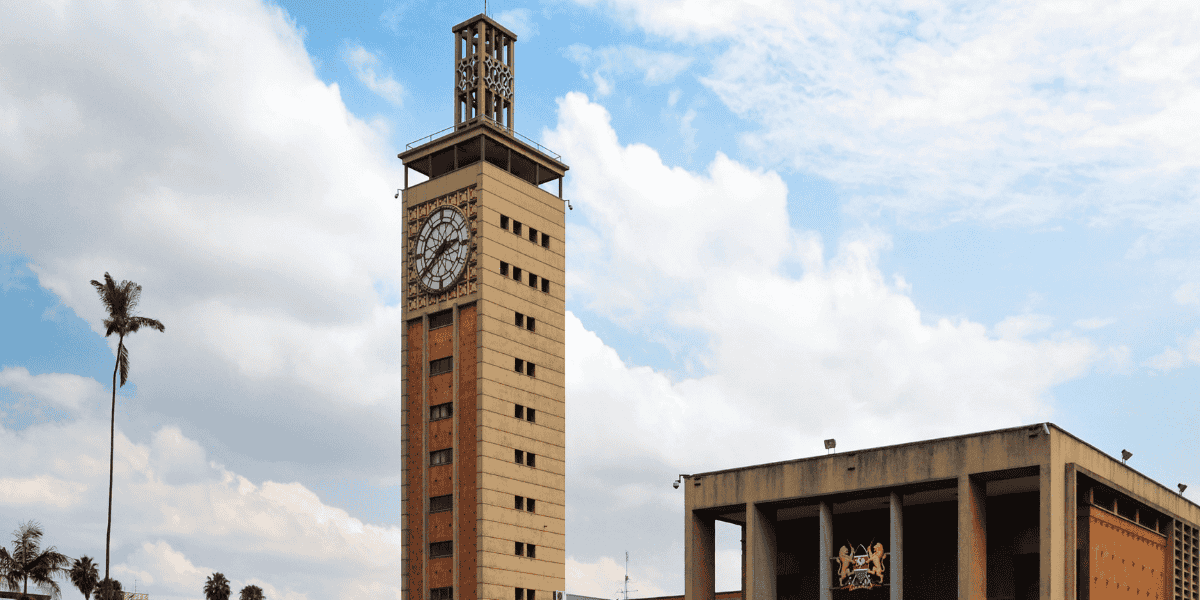A Memorandum of Economic and Financial Policies prepared by Kenya on 31 August 2015 in connection with a request for financial support from the IMF was published on the IMF website on 22 October 2015.
The Memorandum notes that the Kenyan economy has been performing well and grew by 5.3% in 2014. The economic growth is continuing robustly in 2015 but the implementation of reforms has been affected by external and domestic shocks to the economy. These include volatile global markets and lower export prices affecting capital inflows. Security problems have led to a decrease in tourism and an increase in security spending, putting further pressure on the economy.
Kenya’s goal of lowering the fiscal deficit to 3% in the medium term requires restrained spending and the mobilization of additional government revenues. However implementation of the 2014/15 budget measures has been affected by weaker revenue collection, as a result of lower than expected income and value added tax (VAT) collection and issues with full implementation of capital gains tax.
The 2015/16 budget aims to limit the fiscal deficit to 5.3% and contains a range of measures to yield further revenue. A modernized Excise Duty Act 2015 raises excises on cigarettes, alcoholic drinks, motor vehicles (including motor cycles) and fuels. Further revenue is to be raised from a measure replacing capital gains tax on shares with a withholding tax on the transaction value of the shares.
Other measures include higher VAT from improved compliance resulting from the new iTax system; expected improvements in customs duty compliance due to the Electronic Single Window declaration module; a simplified 12% tax on the gross rental income of individuals; expected improvements in PAYE compliance; and a new levy on identity verification queries to the Integrated Population Registration System (IPRS).
Kenya is also strengthening accountability and fiscal discipline at the subnational level. This policy aims to improve service delivery and enhance economic development at the county level. In addition to establishing guidelines for borrowing by county governments Kenya is implementing a strategy to enhance revenue management by counties to strengthen revenue raising measures. This aims to correct duplication and distortion in local taxes and fees. The central government is supporting capacity building at the county level in relation to improving revenue collection, including automation of collection, and use of Kenya Revenue Authority (KRA) infrastructure.
A program of measures aims to implement the policy objective of improving the business environment by deepening structural and governance reforms. Kenya has already developed an online portal for company and property registration, a system of online approvals and lower charges for construction permits in Nairobi and simplified procedures for cross-border trading.
The online iTax system is in operation and from April 2015 taxpayers are required to file income tax and VAT returns online. The iTax system aims to simplify tax processes and facilitate compliance; speed up the process of extracting data on revenue; reduce compliance time for taxpayers; and enhance the ability of the KRA and the taxpayers to account for taxes.











